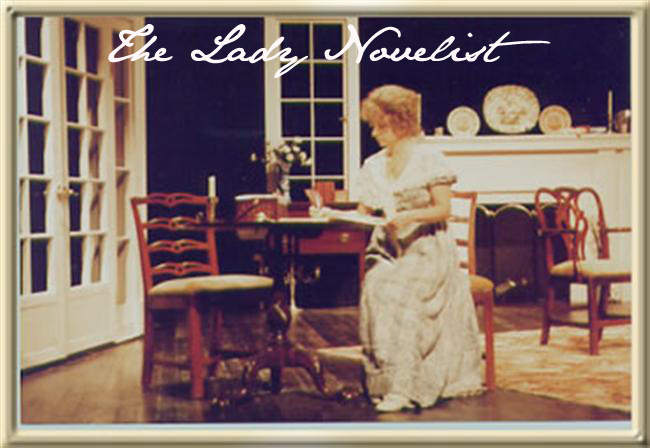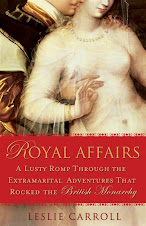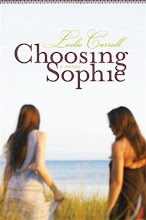
My own book research offers me scant opportunities for pleasure reading these days, but I knew that THE HARLOT'S PROGRESS was a novel that wouldn't wait for my schedule. My hunch was correct. It's a triple whammy in my wheelhouse: historical fiction, the 18th century, and the Theatre; and I can't remember the last time I could not bear to put a novel down.
Innocence is lost; retribution won. Worlds collide with noisy bursts of energy in the late Peter Mottley's novel, THE HARLOT'S PROGRESS, the first in a trilogy loosely based on the series of paintings titled "A Harlot's Progress," painted by William Hogarth in 1731.
Hogarth's Moll Hackabout is transformed into "Yorkshire Molly" Huckerby, who arrives in London intending to meet her cousin, a magistrate, with the hope of marrying him. But when the York Wagon dumps her outside The Bell, what she is led to believe is a coaching inn for weary wayfarers, she is seduced by The Bell's bawd, Mrs. Wickham, and subsequently ravished by the evil Colonel Charnell. With her stolen maidenhead went her reputation. Thrust into the life of a destitute, demoralized and debauched harlot, Molly embarks on a series of unexpected adventures belied by Mottley's classic set-up of country lass thrust into a life of vice upon her first visit to the big city.
Mottley is a master at world building, with an uncanny ear for period dialogue. His pages teem with sensuality, from the odors of ordure and vomit to the perfumed periwigs of playgoers. Sweat mingles with saliva in the haze of candlelight. His London is a place of heavy velvets, cheap cottons, gossamer thin lace and linen, the topography of a heavily embroidered cuff.
His heroes and heroines are the disenfranchised -- those who society does not permit to speak up, for whom justice is denied, those who the "quality" gentry has either forgotten or despised (or both): harlots, blacks, children, Jews.
His villains are society's sacred cows -- the military, the clergy, and the judiciary. But in THE HARLOT'S PROGRESS, we are shown the underbellies of the beasts; their dark side: corruption; vice; hypocrisy.
Peter Mottley was a playwright, actor, and director and employs his theatrical experiences and background to great advantage here. He doesn't miss the chance to incorporate specific play titles and glimpses at life backstage (including a running gag involving a pair of actors desperate to finish fornicating before their cue). In one scene the rutting leading man complains at having to play Macheath in John Gay's "The Beggars Opera" because he thinks it will ruin his reputation. It's another allusion of Mottley's, an inside joke in our theatre world: "Satire is what closes on Saturday night."
Other aficionados of classical theatre, particularly the plays of Shakespeare, Vanbrugh, and Gay, may see certain scenes coming a mile away; I'm thinking of one in particular. I'd correctly surmised what was about to happen, and yet Mottley sufficiently builds the tension, as well as our sympathy for the right characters, that you find yourself drawn in, fingers shielding your eyes as you peep through them at the scene you knew would take place, but dread watching.
Yes, there are a few implausible elements within the novel: for an early 18th century Yorkshire farm girl Molly is awfully well educated (she's familiar with the story of Leda and the Swan -- yet [as might be expected] has never heard of Tarquin and Lucrece). Colonel Charnell's wife was an heiress when she married him (for love), admitting that he had only been a captain at the time. Yet seventeenth- and eighteenth-century marriages were financial arrangements, and unless she'd managed to get pregnant out of wedlock, her father would never have allowed such a marriage to take place. Lavish gowns are stitched up in less than a day. In truth, the turnaround time at best might have been a few days, with the modiste's entire staff hard at work on the creations.
But these are quibbles. And most readers wouldn't even know that Mottley had cut a few corners. Better to focus on the quirks he gives his characters: a hunchbacked Jewish moneylender has more humanity than most people in London; a childlike harlot who routinely adopts the names of Shakespearean heroines, dreams of a stage career (astute readers would grasp the unexpressed irony here: actors were considered no better than harlots in that era!)
If only Mottley had lived to see THE HARLOT'S PROGRESS published. But his daughter, Jocelyn Pulley, to whom the novel is dedicated, has recorded a book trailer http://www.youtube.com/watch?v=cSF5bsCCDJg with such tremendous expressiveness and gusto that you'll be panting for your copy to arrive in the mail!
This is not your candy-colored Georgian novel. THE HARLOT'S PROGRESS: Yorkshire Molly is properly bawdy and sordid, gritty, grimy, violent and vibrant -- yet ultimately, incandescently, hopeful.
+for+blog+header+copy.jpg)

.jpg)
.jpg)




